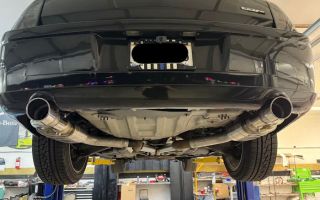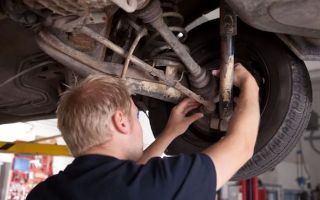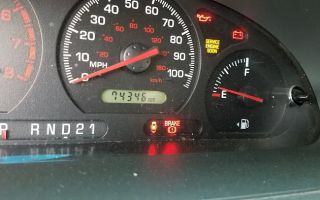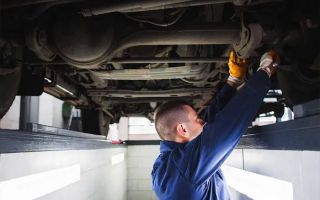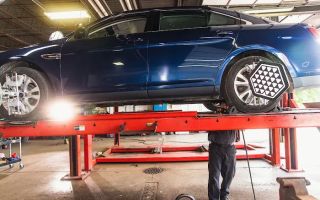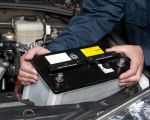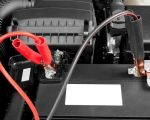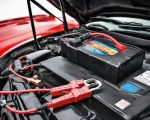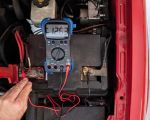How Long Does It Take to Replace a Car Battery? Everything You Need to Know About Battery Replacement and Towing Services
Understanding the Basics of Car Battery Replacement
Replacing a car battery seems like a straightforward task, but many car owners may wonder how long it actually takes to get it done. The time it takes to replace a car battery can vary depending on several factors. Typically, the process can take anywhere from 30 minutes to 1 hour when done by a professional mechanic or technician. However, if you choose to do it yourself, it may take a bit longer depending on your skill level and the complexity of your car’s battery location.
Here’s a breakdown of the steps involved in replacing a car battery:
- Turn off the car: Ensure the vehicle is completely off before starting the battery replacement process.
- Remove the old battery: Disconnect the negative cable first, followed by the positive cable, to safely remove the old battery.
- Install the new battery: Place the new battery into the holder, connect the positive terminal first, followed by the negative terminal.
- Test the new battery: After installation, turn on the vehicle to ensure the new battery works correctly.
If you are unsure of the process or don’t have the necessary tools, it might be a good idea to contact a towing company or roadside assistance service to help with the battery replacement.
How Towing Services Can Help with a Dead Battery
Car breakdowns happen unexpectedly, and a dead battery is one of the most common causes of such incidents. If you find yourself stranded with a dead battery and you can’t replace it immediately, calling a towing service is the best solution. Many towing companies, like Rescue & Towing, offer emergency services that include battery jump-starts or even a complete battery replacement at the scene.
When you call for roadside assistance, a trained technician will typically arrive with the necessary equipment to either jump-start your battery or, if needed, replace it on the spot. Depending on your location and the specific towing company’s capabilities, this can take as little as 30 minutes to an hour, ensuring you are back on the road in no time.
Additionally, towing services can help transport your car to a nearby service center if a replacement battery isn’t available on-site. This gives you peace of mind knowing that professional help is on the way to take care of your car’s needs.
Factors That Affect How Long Battery Replacement Takes
While the process of replacing a car battery is typically quick, several factors can affect the time it takes to get it done:
- Car Model: The location of the battery and its accessibility can significantly influence replacement time. Some vehicles, such as luxury cars or compact models, may require more time due to the complexity of their design.
- Battery Type: The type of battery your car uses (e.g., AGM, lithium, standard lead-acid) can also impact the time it takes for installation. Different batteries require specific handling and installation procedures.
- Professional vs. DIY: While professional mechanics can complete the job quickly, DIY enthusiasts may take longer depending on their familiarity with the car's battery system and available tools.
- Availability of the Right Battery: If you’re at a remote location, finding the right replacement battery could take longer. Towing companies often help by transporting your car to a nearby location with the correct parts.
Understanding these factors can help set realistic expectations for how long the replacement process will take, whether you’re handling it yourself or calling a professional.
Real-Life Case: A Customer's Emergency Towing Experience
One memorable case at Rescue & Towing involved a customer named Sarah, who was stranded on the side of a highway late at night due to a dead battery. She was in a rush to get to a family event and was understandably frustrated. After calling the towing service, a technician arrived within 30 minutes and was able to jump-start her battery. However, after a quick test, it was clear that the battery was no longer holding a charge. The technician quickly replaced the battery on-site, saving Sarah from a stressful delay.
This real-life experience shows how having a reliable towing company on standby can save the day when you’re faced with a dead battery. In Sarah’s case, the entire process—from calling for help to getting back on the road—took under an hour, thanks to the efficiency of the towing service.
Why Choosing a Professional Towing Service is Important
While it’s possible to replace a car battery yourself, many drivers prefer to use professional towing services to handle their car's battery issues. Here’s why:
- Convenience: You don’t have to worry about sourcing the right battery or waiting around for a mechanic. Towing services bring the necessary tools and expertise to your location.
- Expertise: Professional towing companies employ trained technicians who understand the ins and outs of various vehicle models and battery systems. They can ensure the job is done correctly and safely.
- Emergency Services: Towing services often operate 24/7, meaning you can get help anytime, whether it’s in the middle of the night or during a holiday weekend.
Choosing the right towing company, like Rescue & Towing, ensures that you’re not just getting a quick fix, but a thorough and reliable solution that will get you back on the road faster and safer.
How to Book Your Towing Service for Battery Replacement
If you find yourself in need of a towing service to replace your car battery, the process is simple. Most companies, including Rescue & Towing, allow you to book their services online or over the phone. Ensure you provide the following information:
- Your location and any specific directions if needed.
- Details about your car model and battery issue.
- Any specific preferences for service (e.g., immediate jump-start or full replacement).
Once the information is received, a technician will be dispatched to your location as soon as possible. The time frame for the technician to arrive varies based on traffic, location, and the time of day, but typically, a response time of 30 minutes to an hour is expected.

